Ruchira reviews Dostojee, a Bengali film that explores interfaith friendship, grief, childhood innocence, and memory’s lasting power, exclusively for Different Truths.
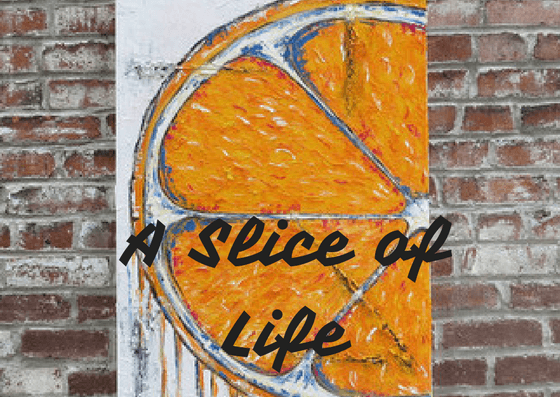
It is very seldom that I get emotional while watching a film; what with masala films and potboilers galore, there is hardly any scope to give vent to your emotions. Nonetheless, recently I happened to watch a heart-wrenching movie, albeit a slightly old one which made me tearful.
Well, it’s Dostojee directed by a fairly greenhorn Prasun Chatterjee, which saw the light of the day way back in 2021 but due to the ongoing Pandemic it failed to create the right kind of impact. Nevertheless, it has been warmly received by discerning viewers owing to its underlying humane quality.
The story of the film unfolds in a back-of-beyond village somewhere in Bengal. It focuses on the lives of two pre-teen boys Palash and Safikul who are classmates, playmates and next-door neighbours as well. The backdrop of the story is the period after the demolition of the Babri Masjid in Ayodhya. The boys’ families are not on cordial terms for obvious reasons.
The two friends go to school together, get home coached by the same tutor, and have fun in their little ways with their limited resources. However, by a quirk of fate, Palash loses his life by drowning in the turbulent river flowing through their village. The two families, the villagers and more particularly Safi are shell-shocked!
Missing Palash
Missing Palash, whom he would endearingly call Dostojee, the heartbroken Safi keeps visiting Palash’s grieving mother in a bid to express solidarity and offer solace. Sadly, the inconsolable woman is stone-cold in her attitude. However, it is only on two occasions that she sheds her steely exterior. The first time is when she is handed a coloured photograph of the two boys clicked at the village studio on the occasion of Eid.
The second one is more poignant.
Much before the tragedy had occurred the two boys taking cue from a biology lesson just taught, had playfully captured a caterpillar and carefully nurtured it in a glass jar (fitted with a tight perforated cap for inflow of fresh oxygen) to observe how it would metamorphose into a butterfly in course of time. The jar stayed put in a secluded corner of Palash’s home. Even after the tragedy, Safi continues to monitor the caterpillar’s growth and development, with the dead boy’s mother helping him.
Finally, one morning, when Safi opens the jar—with Palash’s mother and sister looking on—a flamboyant butterfly flies out to its freedom. Witnessing this, the hapless mother begins to sob uncontrollably.
A Tribute
During his prime, Palash was an excellent student who consistently performed well academically. Rather than being jealous Safi was always appreciative of his friend and drew inspiration to perform better. After Palash was gone, Safi made up his mind to excel in his studies….and thereby pay a fitting tribute to the departed soul. His hard work grit and determination finally pay off; his grades show remarkable improvement much to the delight of his teachers and coach.
The film ends with a happy and carefree Safi roaming around in the mango grove of the village where the two friends had spent many bright and sunshine-filled hours together!
In the film, Arif Shaikh as Safiqul and Asik Shaikh as Palash give stellar performances as child actors.
Feature picture credit: IMDb

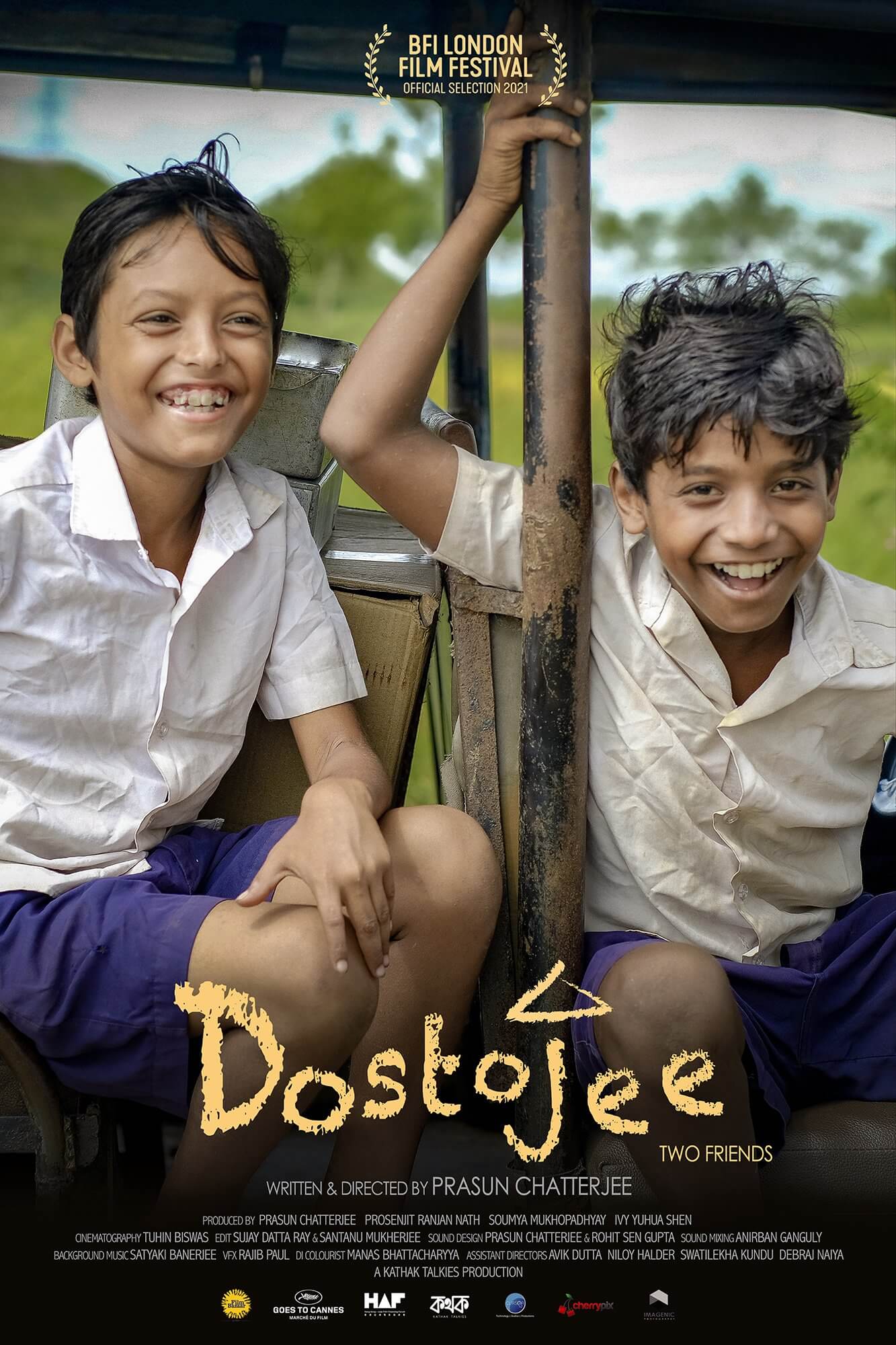


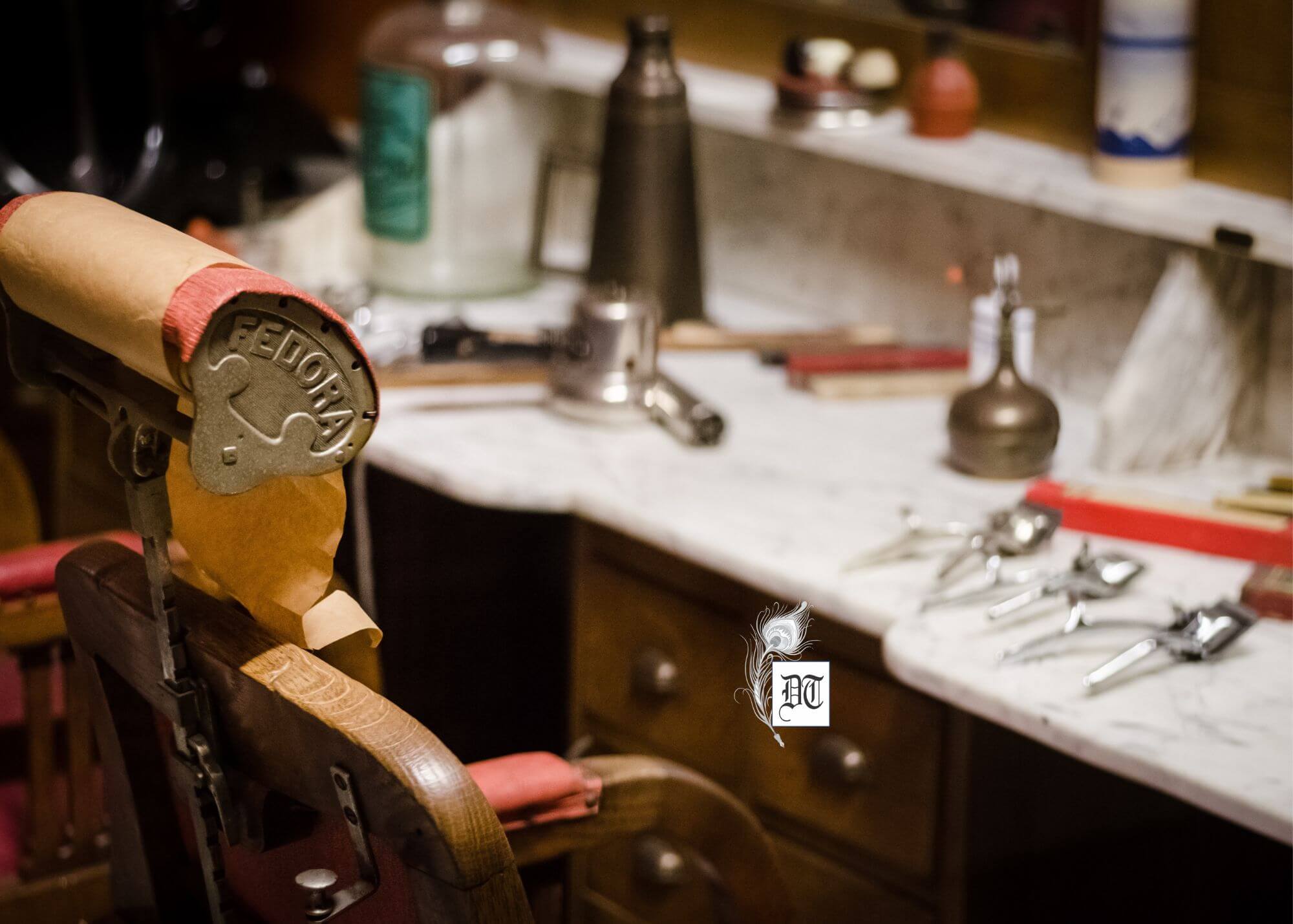
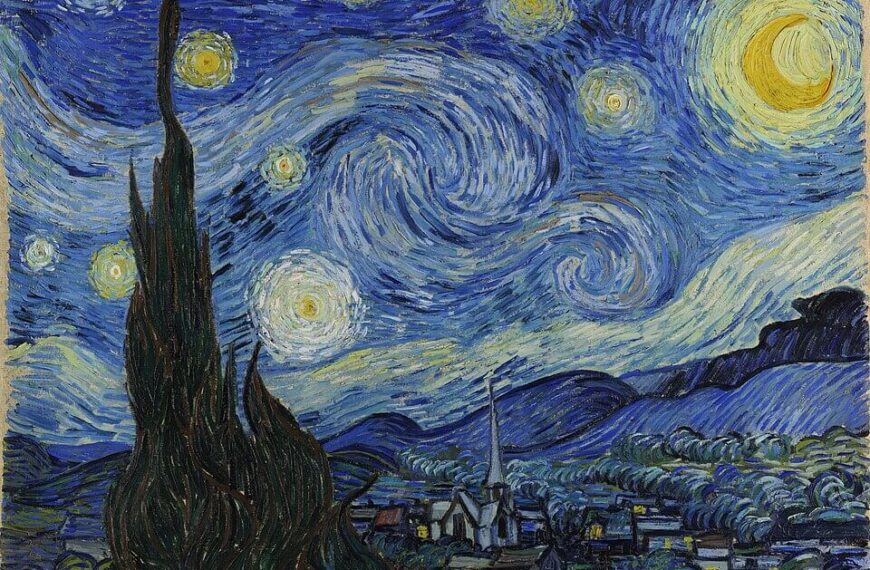
 By
By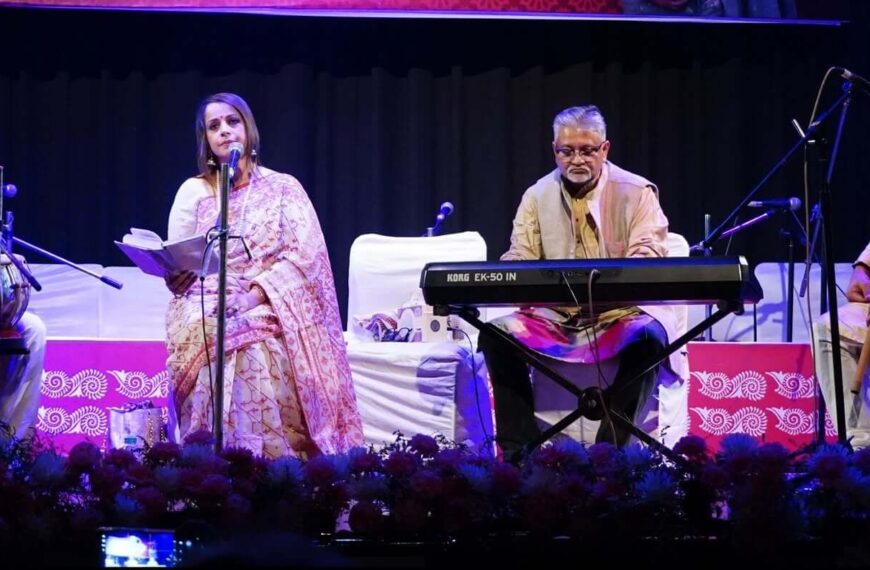
 By
By
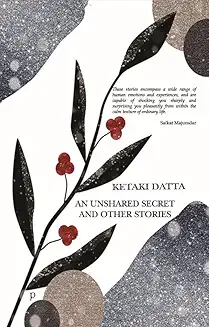
 By
By